Cataloging-in-Publication data available from the Library of Congress.
ISBN 978-0-8262-1946-6
ACKNOWLEDGMENTS
If we could have one generation of properly born, trained, educated and healthy children, a thousand problems of government would vanish.
Herbert Hoover (November 19, 1930)
About the time we think we can make ends meet, somebody moves the ends.
President Herbert Hoover
(magnet on the author's refrigerator)
It won't always be this way became a mantra of the early Great Depression years. Somehow times must change. We can make ends meet. Certainly this economic recession will not last for very long. Yet it did. And as one wanders around Washington, D.C., today, one never encounters any physical reminders of the president who worked so diligently during the early years of the Great Depression for that very change. The only marker that bears the name of Herbert Hoover is the Commerce Building, located near the central mall of national memorials and named for his years as secretary of commerce in the Republican administrations of Presidents Harding and Coolidge when Hoover successfully argued for systematic change within America's businesses and factories. As secretary of commerce, Hoover certainly represented positive change and continued prosperity.
Other countries have honored Hoover's humanitarian work. The children and firefighters of Belgium sent a large, black stone statue of the goddess of life, Isis, to Iowa as a symbol of Hoover's life-giving famine relief effort following the Great War in Europe. In Warsaw, Poland, a square was dedicated to him in 1920 for his significant war relief work following WorldWar I, and when the Nazis demolished this memorial area during the Second World War, it was quickly rebuilt. Today the green square still proudly bears Hoover's name in Polish.
Hoover's efforts to save children during difficult times have been praised by others but never here. In the United States, President Hoover is simply viewed as the man who somehow caused the Great Depression or the lackluster leader who would not consider the various dilemmas. But Franklin Roosevelt's New Deal never solved the crucial economic and social dilemmas of the Great Depression eitheronly World War II ended the problems of unemployment while also destroying possible ideas of social and agricultural change.
For years before the New Deal, the rural people of Iowa struggled, debated, created, and survived. The idea for this book took shape shortly after I finished my dissertation, which became the book The Home Fronts of Iowa, 1939-1945. Throughout graduate school, as I pored over the variety of primary documents from this rather wild and exciting era of the early 1940s, I felt that certain rural issues remained unresolvedthat the war years had suddenly ended discussion on some rather crucial questions. So I wanted to leave the second World War and go back a decade to examine the state's rural regions and residents. What concerned them? What ideas and solutions were presented? Dilemmasproblems with no easy answerswould be the word that kept coming to mind as I read the newspapers and examined the other documents of Iowa's early Depression years.
I found within this changing era, despite the extreme fear and scarcity, a time when rural residents opened their arms and hearts as well as strengthened their minds and backs. The years of economic struggle for midwestern agriculture actually began in the early 1920s, a time of dramatically plummeting markets and land values. Money concerns remained paramount, but so too did dilemmas of family and love.
A headline in today's paper asks an important question, Rural America fading away? This population share has reached a new low of 16 percent in the 2010 Census. A hundred years ago rural America measured 72 percent, and rural residents remained the majority until 1950. With this demographic shift in today's country, what has fundamentally changed within America?
I wrote to the State Historical Society of Iowa, Inc., with a new proposal for a postdoctorate project to examine four years of rural Iowa from 1929 until 1933. Although the foundation has funded several dissertation projects (including mine), this was a new venture for the small organization. The board answered my proposal with the surprising news that they not onlyliked my ideas but would also grant me a larger research check than I had requested. A second funding followed the next year. Without their financial and professional encouragement, this book simply would not exist.
I need to publicly thank three professors as well. Although R. Douglas Hurt still believes that I never listened to his sage advice during my graduate school years, I did. He always said to have three book projects in three different stages going at once. I have. Another thank-you must go to Dorothy Schwieder for her limitless fascination with Iowa history and for introducing me to the endless well of primary documents that are Extension records. And another thank-you, personal and professional, goes to Kathy Hickock, who always encouraged me to examine sources creatively and listen for poetry in our daily lives.
Other thanks should go to two graduate-student friends who helped me survive those emotional years and the immediate aftermath. Kirk Hudson understands economic deprivation yet always perseveres with kindness and humor. We both agreed, seriously, that there would be no turning back to our old jobs as word processor or chicken processor. Joe Anderson also possesses a great wit and historical charm, and we spent many hours exchanging our bits of fascinating facts and images from the Extension records. Joe's eyes never glaze over if you start to talk about Iowa's corn production.
Three present-day friends and colleagues should also be acknowledged: Julie Simanskimy insurance guru and communications specialistwhose steadfast devotion to her children's health remains paramount, along with Maria Cochranmy co-teacher of Western Civilization and compositionwhose writing about Russian women's concepts of making do during the 1930s coincided with my research interests. Joanne Dudgeonmy new co-director at the Iowa Studies Centerwhose no-nonsense, good-humored approach to teaching and office politics is always appreciated. Julie, Maria, and Joanne have graciously lent professional encouragement and shared personal support at critical times.
Four institutions have provided the cornerstones of this project. A big thank-you goes to all the staff at the Iowa State University Archives in the Parks Library (especially Becky, Tanya, Bradley, and Laura) for their calm patience with all my research queries. Another thank-you certainly goes to the staffparticularly Tim, Matt, Sherman, and Lynnat the Herbert Hoover presidential Library and Archives, whose friendly manners and imaginative professionalism are available to everyone who walks through their doors. I would also like to thank every librarian at the Des Moines Public Library for never wincing, not even once, when I requested yet another heavy volume of magazines from the fourth-floor storage in the Old Main Library. The State Historical Society of Iowa Library and Archives' staffand volunteers, especially Susan, Shari, Jerome, and John Zeller, as well as fellow board members (particularly Jo Ann, Jacky, Jason, John, and Mike), continue to dedicate themselves to the tasks at hand despite all the financial cuts to the state department's budget.

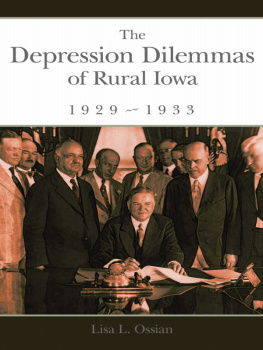
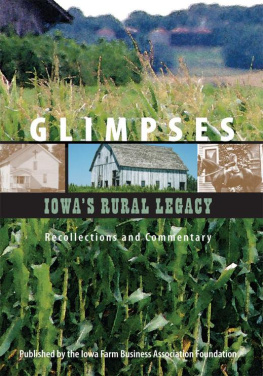

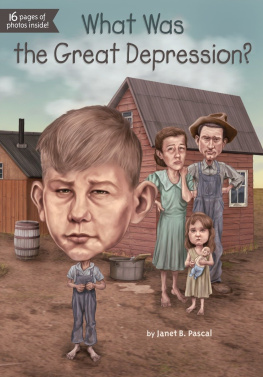
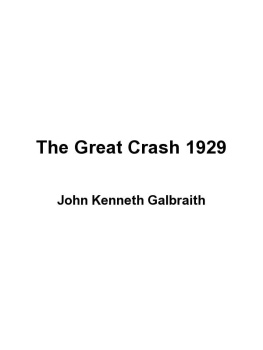
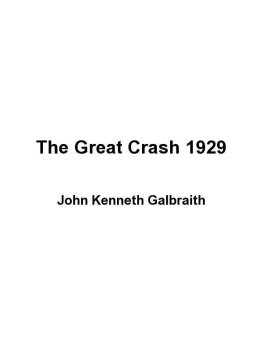
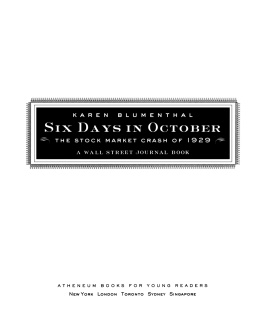
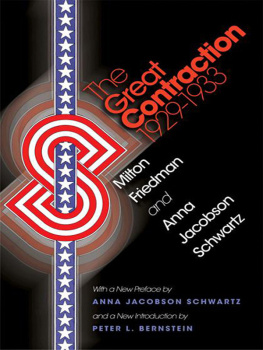

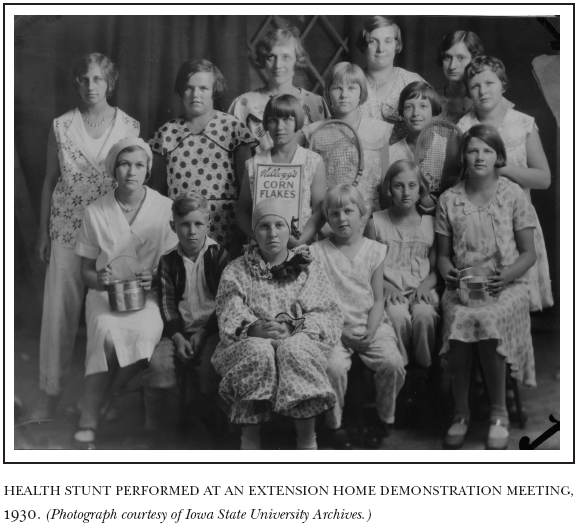
 This paper meets the requirements of the American National Standard for Permanence of Paper for Printed Library Materials, Z39.48, 1984.
This paper meets the requirements of the American National Standard for Permanence of Paper for Printed Library Materials, Z39.48, 1984.